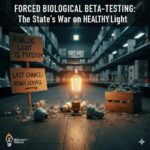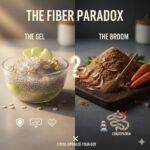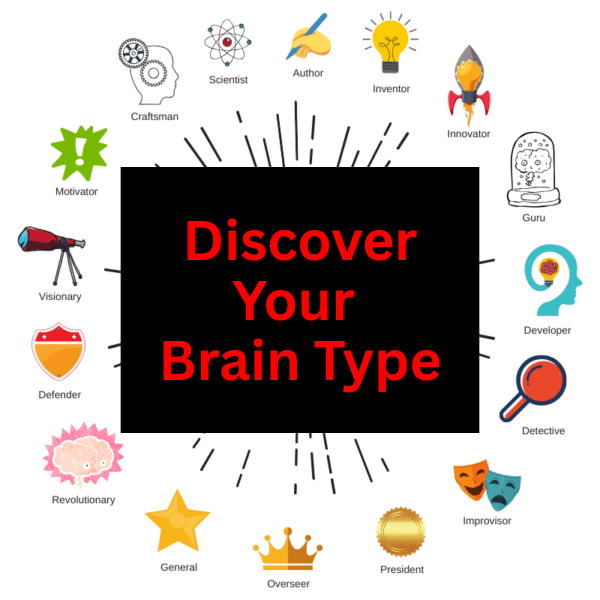You’ve likely heard the cholesterol hypothesis: high levels of LDL (“bad”) cholesterol clog arteries, spike heart disease risk, and need to be tamed with statins. It’s so baked into our culture that questioning it feels radical. Yet, here’s the rub—it’s still just a hypothesis, and the evidence doesn’t hold up.
Here’s the twist: cholesterol piles up in arteries as a response, not a cause. Toxins like trans fats, herbicides, processed sugars, or even harmful bacteria injure blood vessel walls—think of it like a scraped knee. On your skin, a scab forms. Inside your vessels, cholesterol acts as the bandage, patching the damage. Sugar, for instance, lingers too long in your blood, inflaming vessels. Over years, paired with other toxins, these injuries multiply, and cholesterol steps in to help.
The fix isn’t less cholesterol—it’s fewer toxins. Cut processed sugars, boost omega-3s (they make blood cells “squishier” for easier flow), and tackle inflammation drivers like bad bacteria. Cholesterol levels might even rise as you get healthier—and that’s okay.I really can’t caution people enough about the harms of statins, but I’m not a doctor, and I don’t give medical advice – just opinions. If you would like an opinion from a truly brilliant doctor, click here for a deeper dive into the subject.
Cholesterol’s been framed as heart disease’s mastermind, but it’s more like a first responder. The real culprits—toxins, sugar, inflammation—hide in plain sight.
Cholesterol is a good thing, to a point. I get worried only when my cholesterol gets BELOW 200. Mine seems to bounce around between 210 and 250, which is exactly where I like it. My wife gets up to 380, and as low as 190, but her numbers (ratios and other math) are better when she’s higher.
Ditch the dogma, feed your body right, and let cholesterol do its job (and always chat with your doctor for personalized advice).
Speaking of your doctor, if he/she recommends statins above 200, tell them you will make dietary changes to come back with a “better” reading. Then, three days before your next blood test, eat gobs of cholesterol food (bacon, eggs, beef, etc.), especially the evening before your testing day, and then get your test (fasted) done the next morning. Your cholesterol will be drastically lower than your last test. Then your doctor will be so proud of you for making the dietary changes, thinking you cut cholesterol out, but this will be a chance for you to educate them, proving to them that it’s not a test of dietary cholesterol but what your liver is doing. This experiment clearly shows this because if you’re eating a ton of cholesterol, your liver doesn’t have to make it, and since the blood cholesterol test marks what your liver is making, it will be much lower than before.
Then get a new doctor. Or if you want to mess with them first, and have them fire you as a patient in anger, just show them how much they don’t know by asking them the following questions*:
- Where does blood cholesterol come from?
- What does the total cholesterol number mean?
- Are cholesterol ratios more important than the total? Why?
- What are the best ratios? Why?
- Has 200 always been the top threshold?
- Is high cholesterol ever genetic?
- How fast does cholesterol build up in the arteries? Why does it build up there?
- Does high cholesterol always mean it’s building up in the arteries?
- How often do you scan/ultrasound arteries before prescribing meds to see if there is any buildup?
- How much does cholesterol change during the day?
- How much does cholesterol change from day to day?
- How important is the triglyceride number?
- How about VLDLs?
- Do you ever test hs-CRP before prescribing statins?
- How much personal independent research have you done on cholesterol since medical school?
- How much personal independent research have you done on cholesterol in the last year?
- What is the source of your research or information?
- Can you please send me just 3 well-designed, independent, unbiased research studies that show a link between total cholesterol and CHD?
*No one I know has made it through the first 7 questions before getting kicked out of the office, but certainly let me know if you get farther than that!
The most important thing is to DO YOUR OWN RESEARCH! You are the only one who is in charge of your health, and you need to take control of that by researching things for yourself. Don’t take my opinion or anyone else’s without finding your own truth through your own careful research. When you are researching things for yourself, be careful of those who claim to have all the answers and not to question the “science.” Those people are actually highly anti-science because the whole premise of science is challenging and questioning it.
REFERENCES:
3. And for a DEEP dive into this subject, click here.









